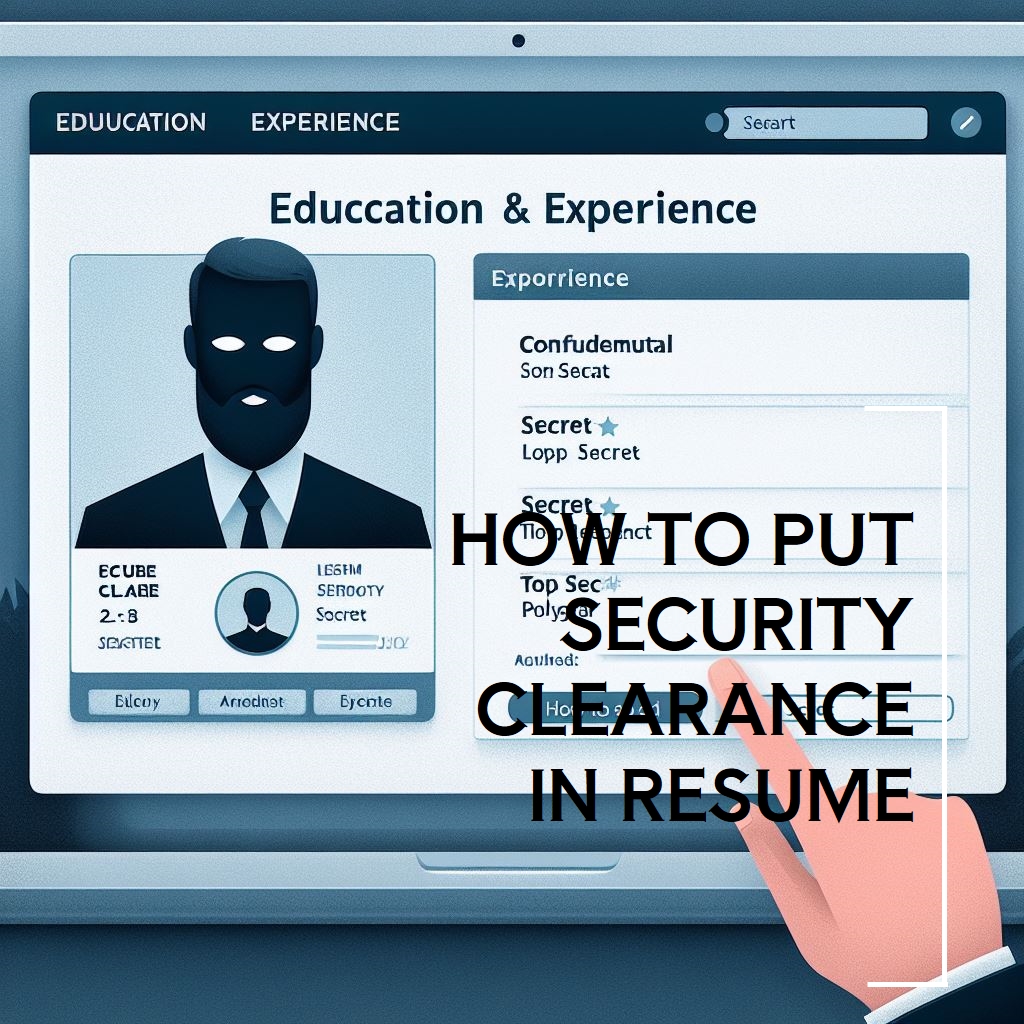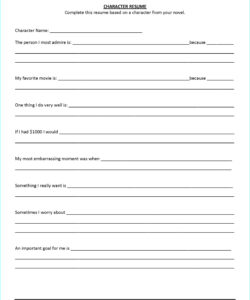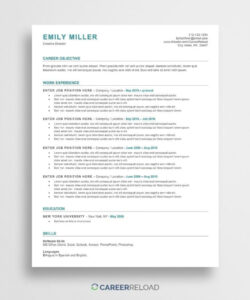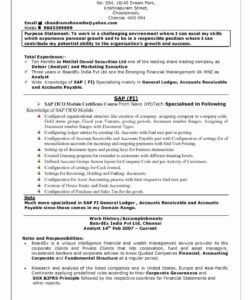Security clearance is a valuable asset for job seekers in many industries, including government, defense, and intelligence. If you have security clearance, it can be a significant advantage when applying for jobs in these fields. However, it’s essential to know how to put security clearance in your resume correctly. In this article, we’ll discuss the best practices for highlighting your security clearance on your resume.
First, it’s important to understand what security clearance is and why it matters. Security clearance is a status granted to individuals who have undergone a thorough background check and been deemed trustworthy to access classified information. There are different levels of security clearance, ranging from confidential to top secret. Having security clearance can open up job opportunities that require access to classified information.
How to List Security Clearance on Your Resume
When listing your security clearance on your resume, there are a few things to keep in mind. First, you should only include your security clearance if it’s active. If your security clearance has expired, it’s not relevant to your current job search. Second, you should list your security clearance in the education or certification section of your resume. You can include the level of clearance you have, such as “Top Secret,” and the date it was granted. If you have multiple levels of clearance, list them in order of the highest level first.

It’s also a good idea to include any relevant keywords related to your security clearance in your resume. This can help your resume get noticed by recruiters and hiring managers who are searching for candidates with security clearance. Some relevant keywords to include might be “security clearance,” “classified information,” or “background check.”
How to Highlight Your Security Clearance in Your Resume
Listing your security clearance on your resume is just the first step. You also need to highlight your security clearance in a way that makes it stand out to recruiters and hiring managers. One way to do this is to include your security clearance in your resume summary or objective statement. This can help catch the reader’s attention and make them more likely to read the rest of your resume.
Another way to highlight your security clearance is to include it in your job descriptions. If you’ve worked in a job that required security clearance, make sure to mention it in your job duties and accomplishments. This can help demonstrate your experience and expertise in working with classified information.
FAQs
Q: How do I know if I have security clearance?
A: If you have security clearance, you should have received a clearance certificate from the government agency that granted your clearance. You can also check with your employer or the agency that sponsored your clearance to confirm your status.
Q: Can I list my security clearance if it’s expired?
A: No, you should only list your security clearance if it’s currently active. If your clearance has expired, it’s not relevant to your current job search.
Q: What if I don’t have security clearance?
A: If you don’t have security clearance, there are still plenty of job opportunities available. However, if you’re interested in working in a field that requires security clearance, you may want to consider applying for jobs that offer clearance sponsorship or working towards obtaining clearance on your own.
Q: How can I get security clearance?
A: To obtain security clearance, you’ll need to undergo a thorough background check and investigation. The process can take several months to complete, and not everyone is eligible for clearance. If you’re interested in obtaining security clearance, you should talk to your employer or the agency that sponsors clearances in your field.
Q: What if I have a criminal record?
A: Having a criminal record doesn’t necessarily disqualify you from obtaining security clearance. However, it can make the process more challenging. If you have a criminal record, you should be upfront about it during the clearance process and provide any relevant documentation or explanations.
In conclusion, security clearance is a valuable asset for job seekers in many industries. By following the best practices for highlighting your security clearance on your resume, you can increase your chances of landing a job that requires access to classified information.


